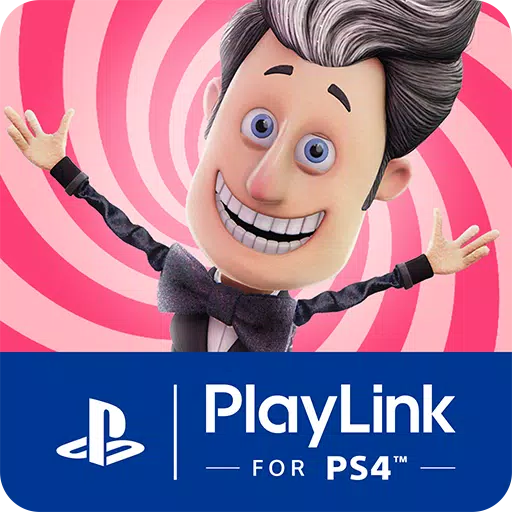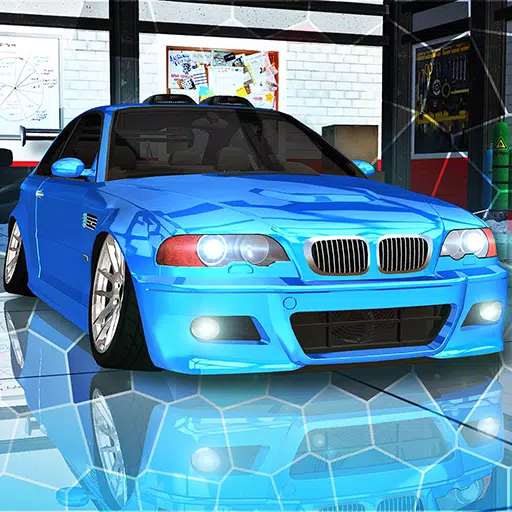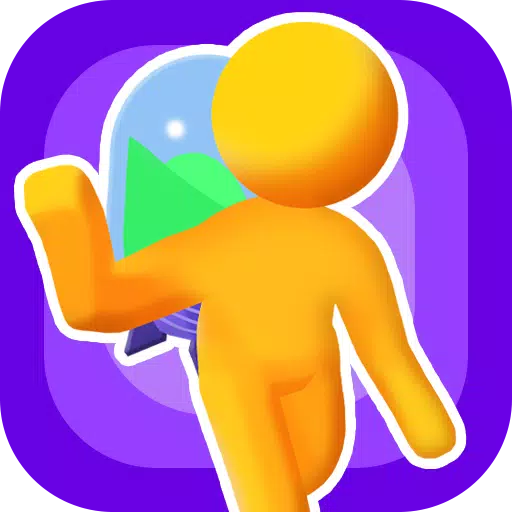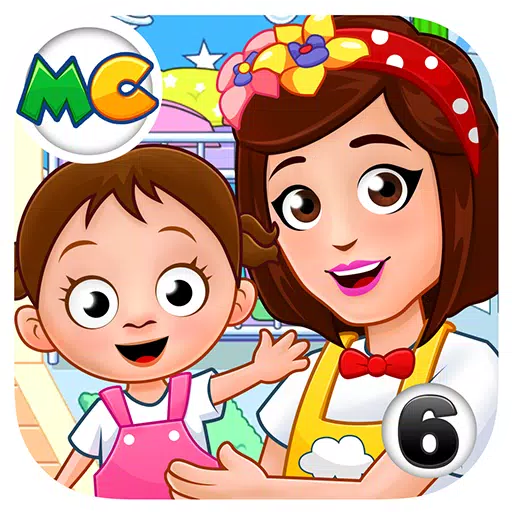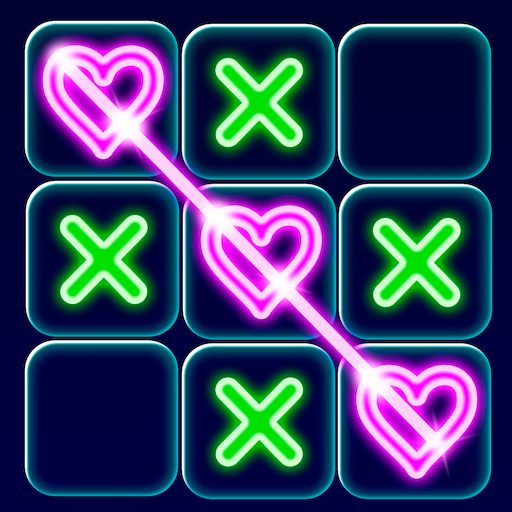EA introduced the Origin App in 2011 as a platform for PC gamers to browse and purchase EA's games directly, bypassing the dominant Steam marketplace. A significant moment for Origin was the 2012 release of Mass Effect 3, which required the use of Origin, but despite this, the app struggled to gain widespread acceptance. Many gamers found Origin's user experience clunky and its login process frustrating, leading them to avoid it whenever possible. Despite these challenges, EA continued to support Origin until recently deciding to replace it with the new EA app, which has been met with similar criticisms regarding its user interface.
The transition to the EA app comes with significant implications for users. For instance, if you own games like Titanfall on Origin and fail to migrate your account to the EA platform, you risk losing access to your purchased titles. Additionally, the EA app exclusively supports 64-bit operating systems, leaving users on 32-bit systems unable to use the new application. This move mirrors a broader industry trend, as Steam also ceased support for 32-bit OS in early 2024, affecting a small but notable segment of users. While it's unlikely that recent PC purchases or custom builds would run on 32-bit systems, Microsoft did continue to sell 32-bit versions of Windows 10 until 2020. Users on Windows 11, which only comes in 64-bit, won't face this issue. If you're unsure about your system, checking your RAM can help; a 32-bit OS can only utilize up to 4GB of RAM. If you're running more, you're likely on a 64-bit system. However, if you've mistakenly installed a 32-bit version of Windows, a full system wipe and reinstallation of a 64-bit OS will be necessary.
The discontinuation of 32-bit support raises broader concerns about digital ownership in the gaming industry. Losing access to a game library due to hardware changes is a frustrating reality, and even Steam users are not immune, as Valve has also dropped support for 32-bit systems. Moreover, the increasing use of invasive digital DRM solutions like Denuvo adds another layer of complexity, as these can require deep system access or impose arbitrary installation limits, despite a game being fully purchased.
One solution to preserve your digital library is to support platforms like GOG, operated by CD Projekt. GOG's DRM-free approach ensures that once you download a game, you can run it on any supported hardware indefinitely. While this model opens the door to potential software piracy, it hasn't deterred developers from releasing new titles on the platform, including the upcoming RPG Kingdom Come: Deliverance 2, which is set to launch on GOG soon.
 Home
Home  Navigation
Navigation






 Latest Articles
Latest Articles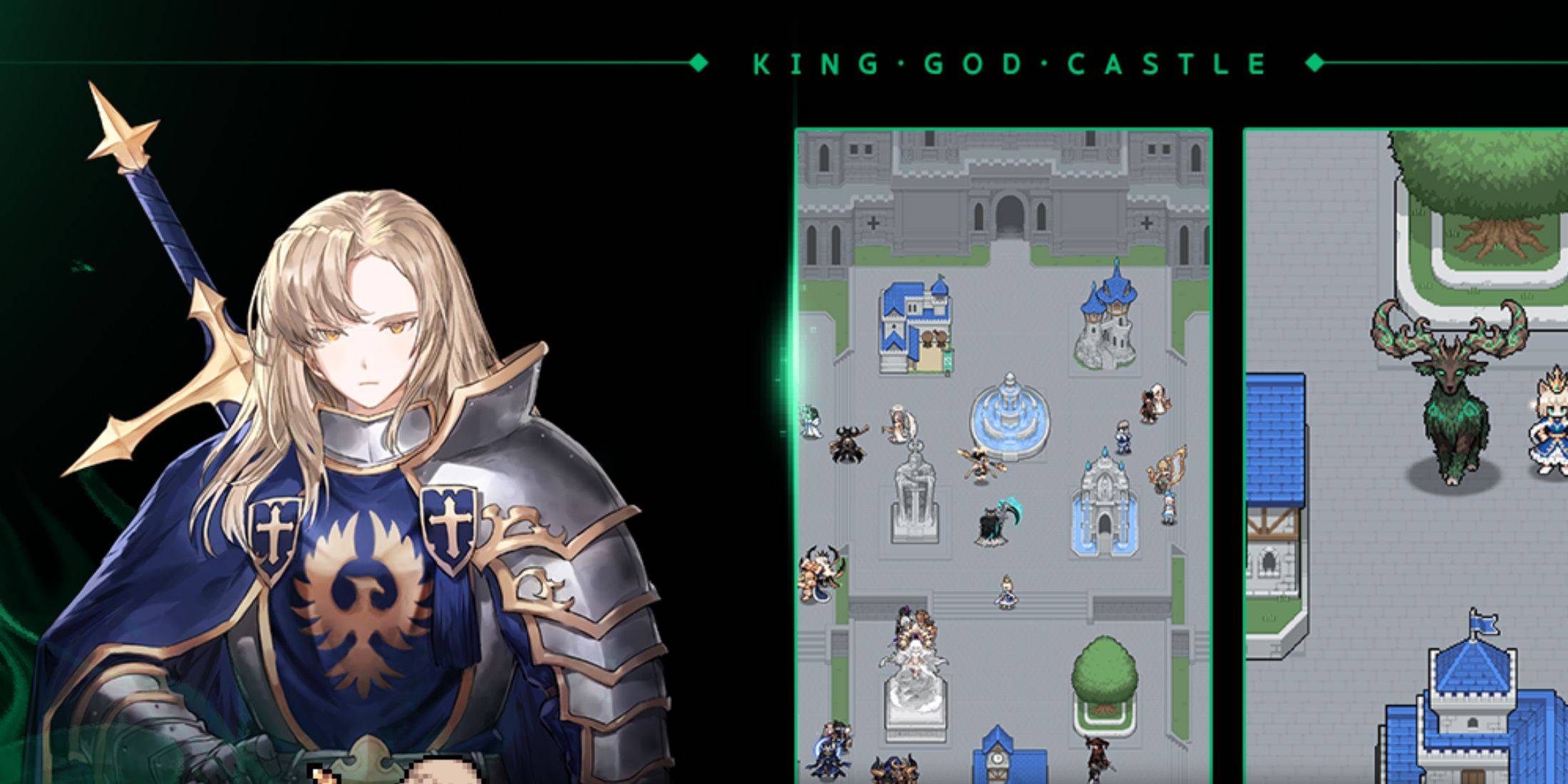

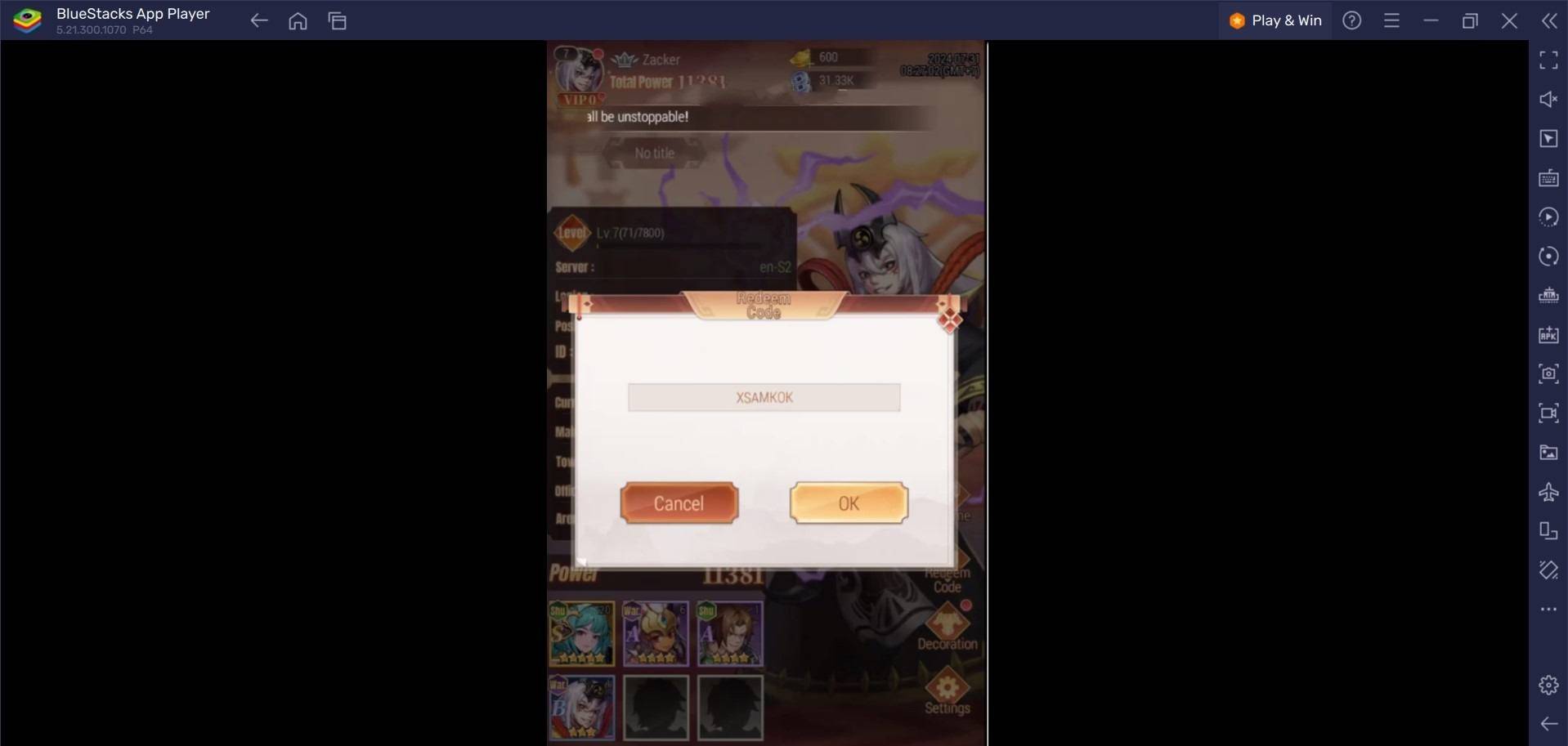
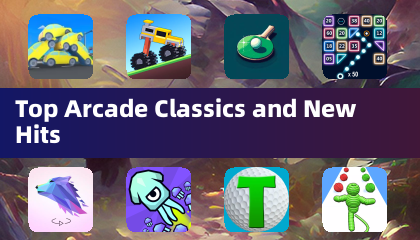

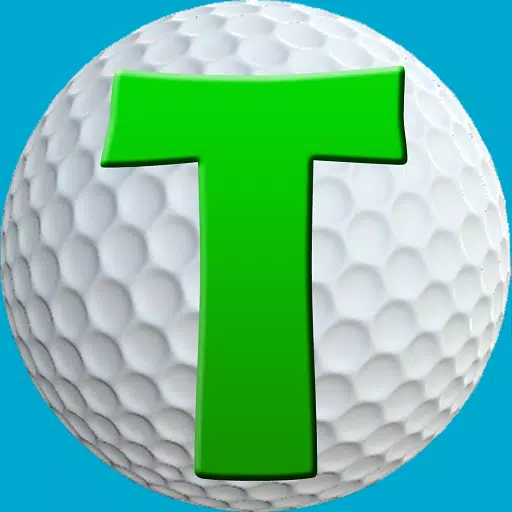

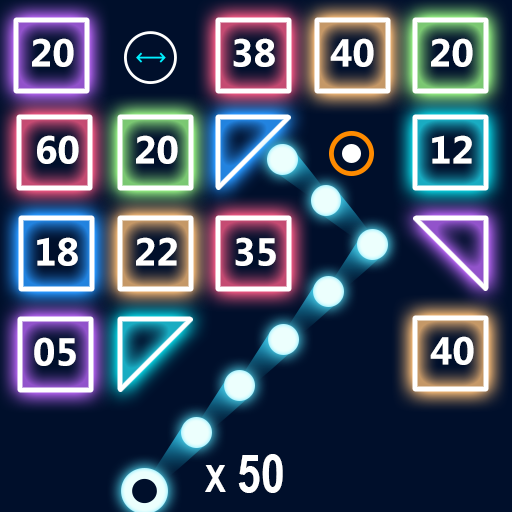
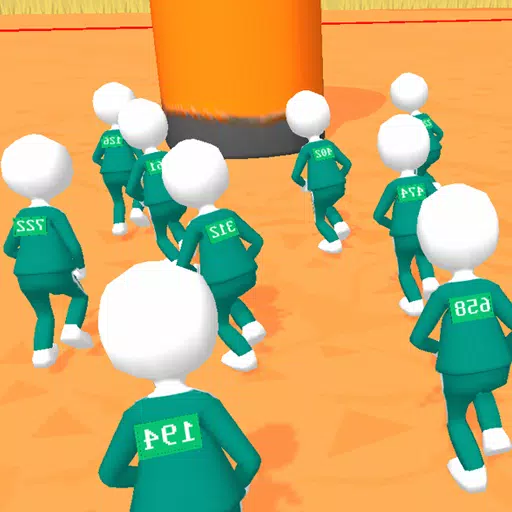
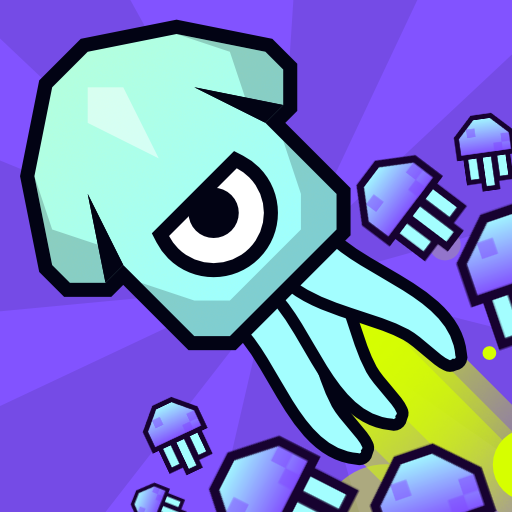
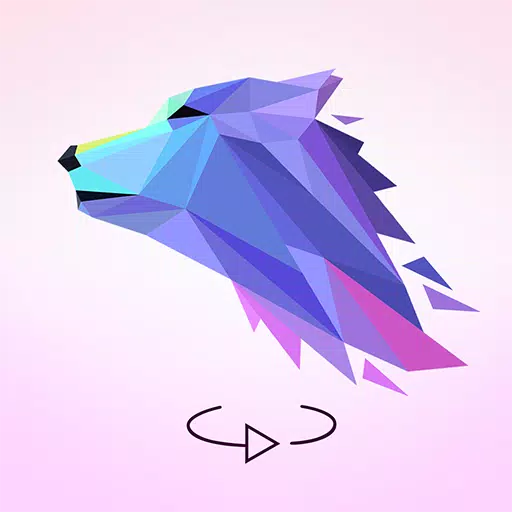
 Latest Games
Latest Games


